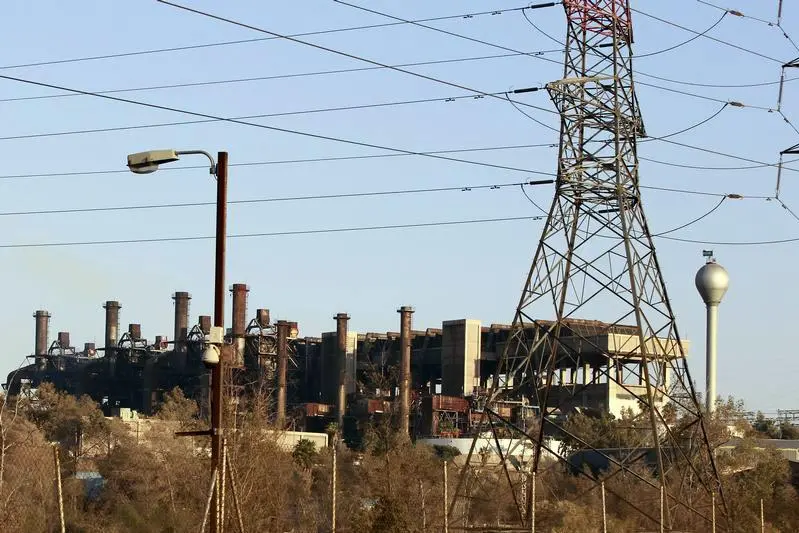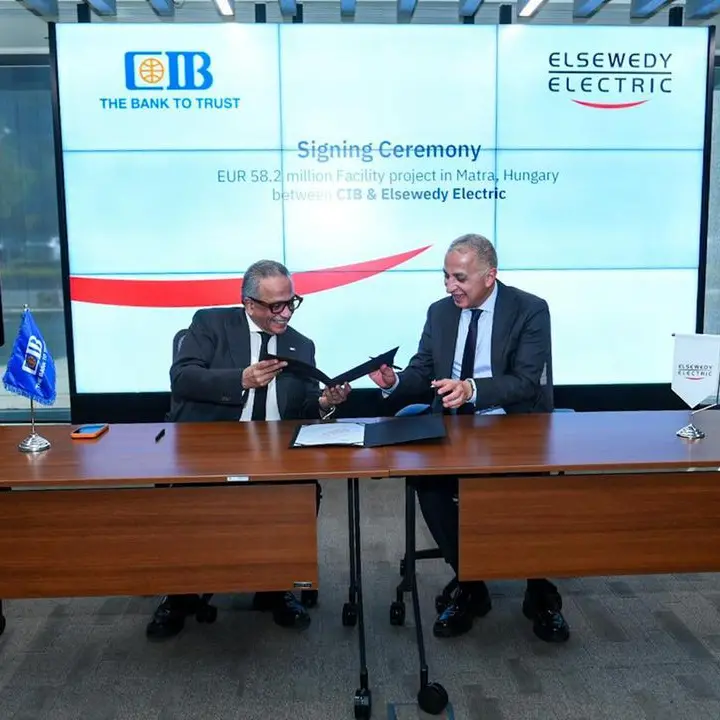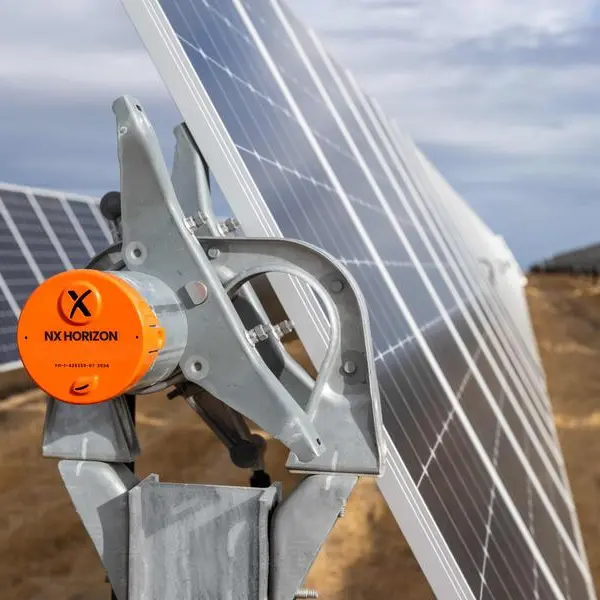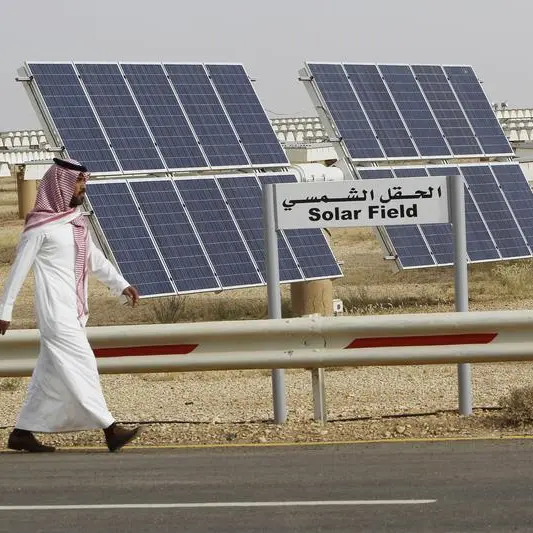PHOTO
Jordan’s state electricity company is suffering from whopping losses of nearly 6.2 billion Jordanian dinars ($8.7 billion), more than four times its total assets of nearly $2 billion.
The Jordan Electric Power Company (Nepco) said losses it suffered through 2024 increased year-on-year by nearly nine percent in 2024 although its total revenues swelled by around seven percent.
Nepco said in its 2024 report published on its website this week that it suffered from a loss of around JOD427.7 million ($603 million) last year compared with a loss of around JOD411 million ($580 million) in 2023.
The increase boosted its cumulative losses incurred over the past years to nearly $8.7 billion at the end of 2024 from around JOD5.7 billion ($eight billion) at the end of 2023, the report showed.
Former electricity officials and Jordanian analysts said the persistent losses were caused by the surge in expenses, higher prices of imported gas from Egypt and Israel, and heavy subsidies the Company is offering to domestic gas consumers.
Nepco’s ex-director general Abdul Fattah Al-Daradkeh said last week that the company has been making losses over the past years mainly due to the sharp increase in power generation costs due to higher gas prices.
He said attacks on Egypt’s gas pipeline to Israel and Jordan during 2011 forced Amman to switch to diesel and heavy fuel to generate electricity.
“This has led to a sharp rise in power generation costs, with the cost of producing one kilowatt of electricity jumping to 18 piasters...but it was still sold to consumers at the same price of seven piasters...this has caused a loss of around JOD 4 billion ($5.6 billion) in just four years,” he said.
Firas Balasmeh, a well-known Jordanian energy expert, told the local Al-Ghad newspaper on Monday that Nepco buys electricity from local producers at high prices as part of long-term contracts and that it sells to consumers at subsidies prices.
“This has inflicted losses in each sold kilowatt...this explains the large losses especially as renewable energy expansion plans are moving slowly,” he said.
Jordan hopes that the problem will ease after the completion of a project to expand its eastern desert Risha gas field that could eventually supply nearly 60 percent of its total gas demand.
(Writing by Nadim Kawach; Editing by Anoop Menon)
Subscribe to our Projects' PULSE newsletter that brings you trustworthy news, updates and insights on project activities, developments, and partnerships across sectors in the Middle East and Africa.





















